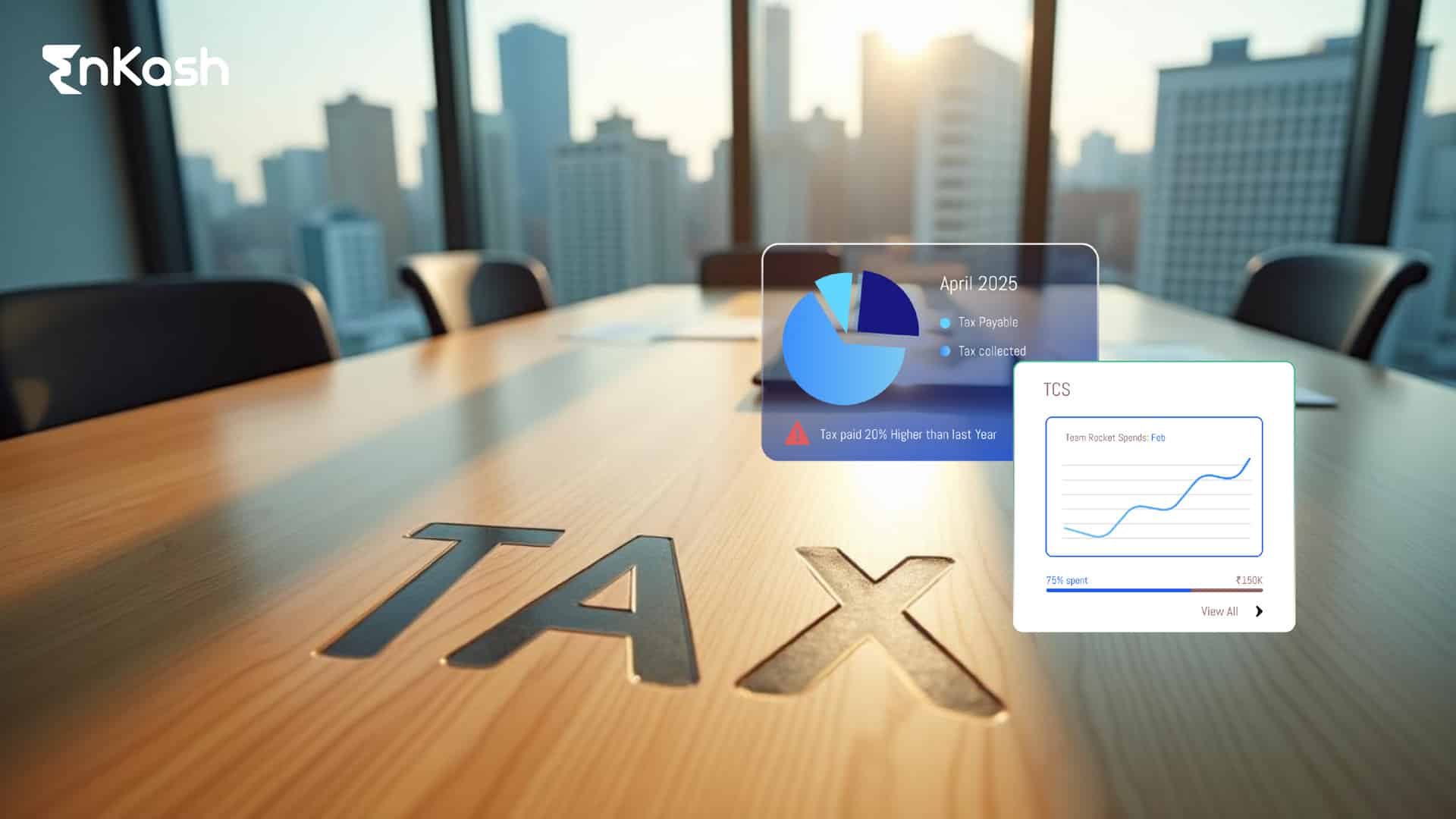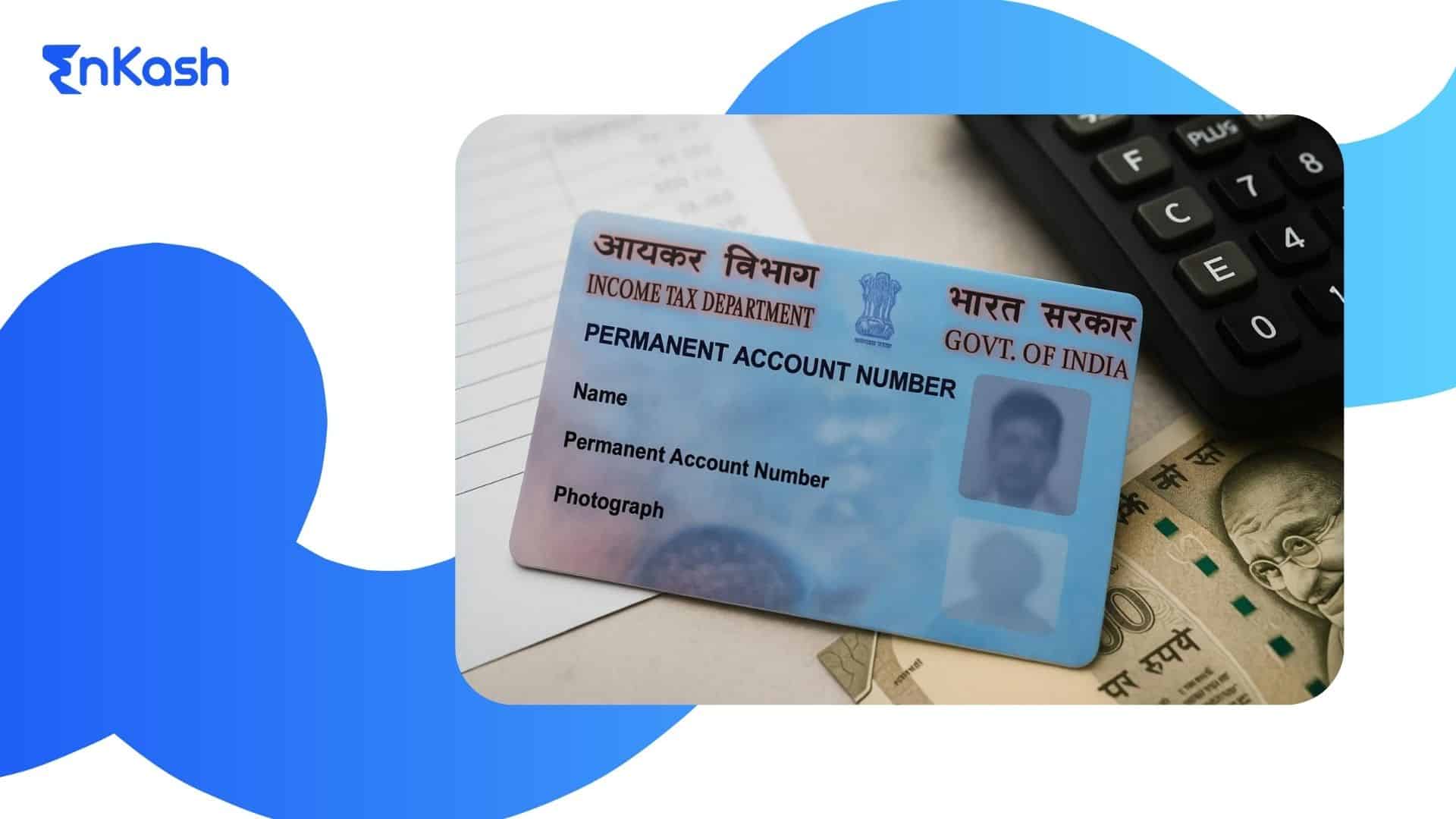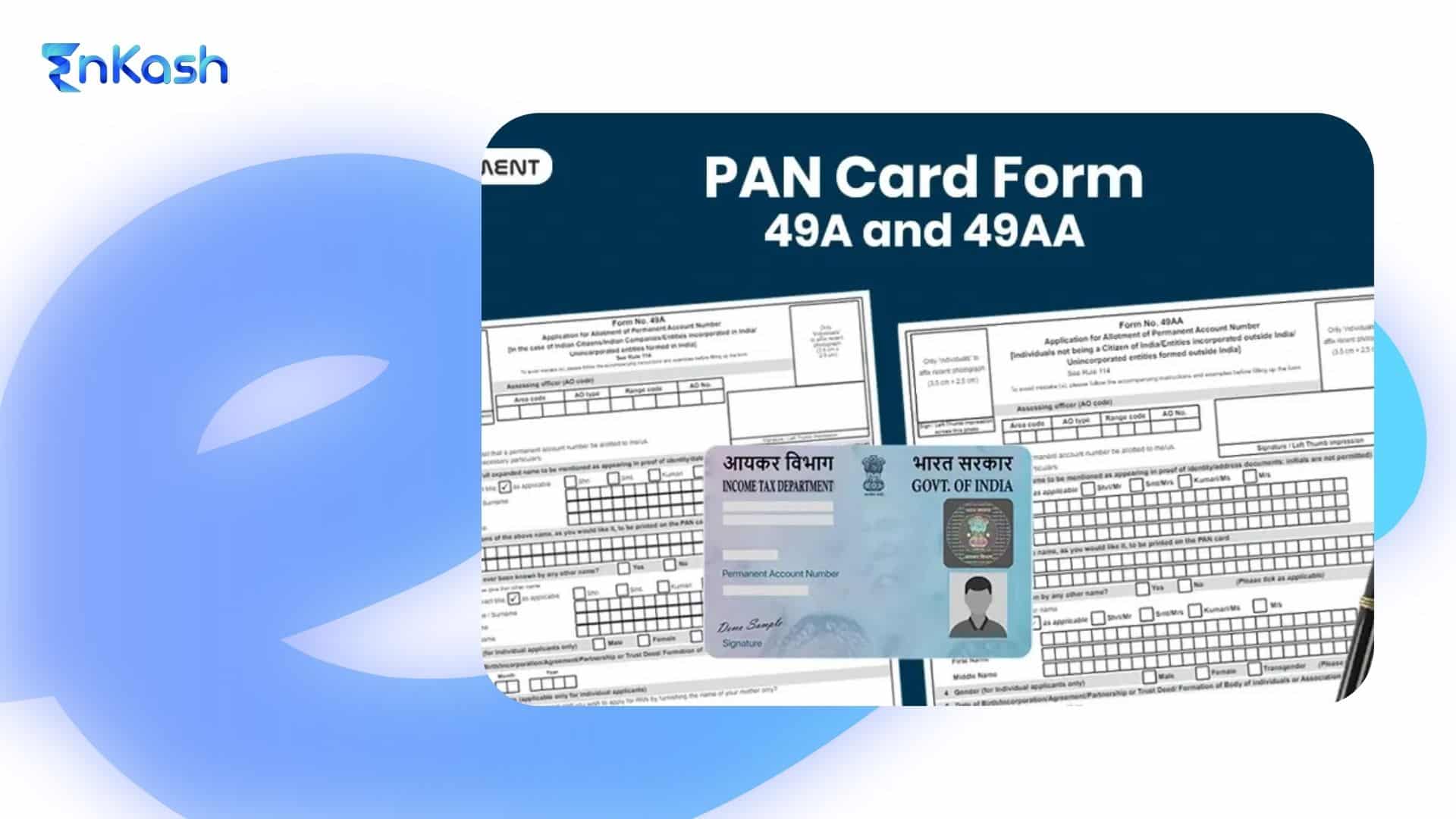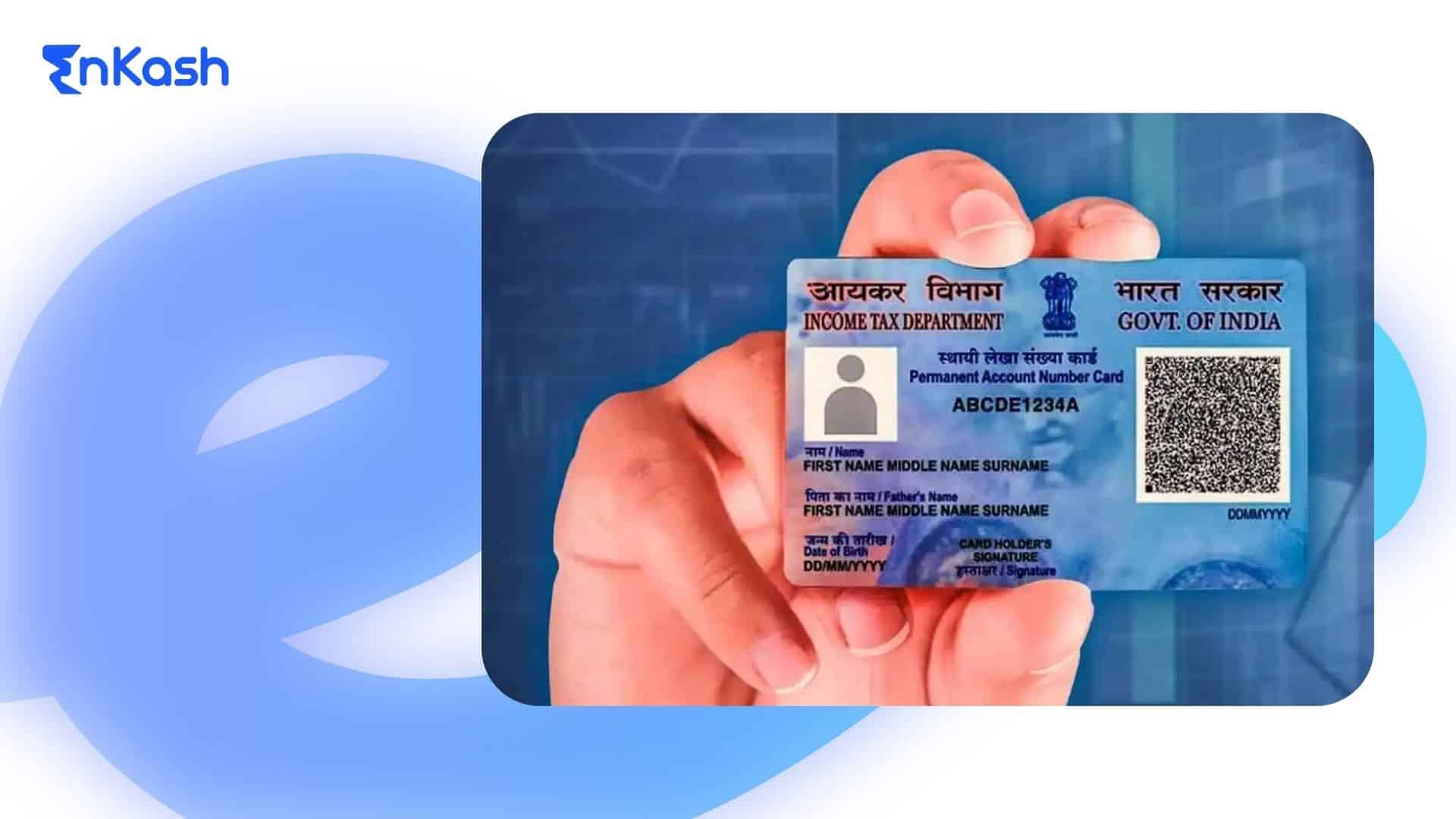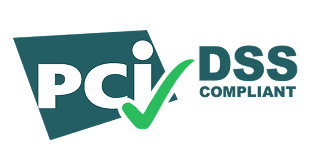Tax Collected at Source (TCS) represents a tax framework in which sellers are mandated to collect a particular percentage of tax from the buyers during the sale of certain specified goods and services. It is designed to enhance compliance, provide mechanisms to curb avoidance and bring in clarity. This blog will explain what TCS tax is, provide examples in detail, describe TCS charges, and provide the steps for paying TCS online as well as offline. By understanding TCS, businesses and buyers can better navigate their tax responsibilities and benefits.
What is TCS Tax with Examples?
The tax collected at source (TCS) is a type of indirect tax levied on certain items and applies to the seller by the buyer at the time of making a sale. This tax applies to high-value transactions involving goods and services that are typically regulated or anticipated. Its purpose is to improve compliance within the taxation system
Also Read: GST Payment
Tax Collected at Source Examples
Car Sales: A TCS of 1% is applicable regardless of the car dealership selling the vehicle worth INR 15 lakhs. Hence, the buyer pays an extra INR 15000 for the TCS and the automobile sales outlet will collect this amount and remit it to the government.
Scrap Sales: Where a scrap dealer sells goods worth 3 lakh, the said dealer shall also include 1% TCS making the buyer incur an additional 3,000. This tax is again collected by the seller and forwarded to the government.
Understanding the Details of Tax Collected at Source
Understanding the specifics of Tax Collected at Source (TCS) provides insight into how and why this tax is applied and its esponsibilities. Here’s a breakdown:
Applicability
TCS applies to the sale of certain goods and services which are of high value or otherwise regulated such as forest produce, scrap, and liquor. Certain industries and sectors are highlighted in the Income Tax Act as to where TCS is applicable.
Rates
The rates of TCS applicable differ according to the nature of the transaction where they are mainly within the range of 1% – 5% as explained in the Act. For example, one may find that TCS applicable on clear-cut timber may be different from that for the sale of high-end fashion items.
An obligation of the seller
In the case of the transactions specified above the seller is bound by law to collect TCS from the buyer at the time of sale. He/she is also obliged to submit the collected tax to the concerned tax authorities within a stipulated period of time. This mechanism ensures that both, the sale and the respective tax sales are recorded, and if the need arises – available for inspection.
Objective
The primary aim of TCS is to facilitate better observance of tax obligations and provide for more openness in the system. In this way, the risk of tax evasion in such transactions is minimized and it becomes possible to monitor all of them since tax is normally collected at the point when the transaction takes place and involves high-valued property. In such a case, tax revenue generation is always stable, high valued transactions are tracked rather effectively and most importantly the taxation system is very efficient.
Each of the component of TCS is very important in enhancing the management of revenue collection by the Government and tax authorities within the prescribed areas and jurisdictions of tax payment.
When is TCS Collected?
Tax Collected at Source, is an expenditure that comes into play in certain transactions as prescribed by the Act. For the buyer and seller to abide by the provisions of the law, it is necessary to comprehend when TCS gets collected. There are several instances that can be highlighted in this regard, where TCS is at work:
Alcohol for Human Consumption
On the sale of these goods, a tax collected at a source of 1% is collected. This is done on all sales, which involve beverages, coming under the purview of alcohol, as the government seeks to control the sale of such high-demand commodities.
Scrap Materials
Whenever scrap materials are dealt, a charge of 1% TCS is imposed. This is applicable to the recycling and waste management businesses, so that taxes can be levied on industries dealing with such useful materials.
Toll Plaza Management and Maintenance
An effective TCS of 2% shall be charged on the sums charged for using toll concessions. This policy measures focuses on the installation and use of roads and assists in revenue generation for the utilization of road facilities.
Motor Vehicles more than INR 10 Lakhs
For such vehicles with a cost exceeding INR 10 Lakhs- a TCS of 1% is collected on the sale of motor vehicles. This is done in order to ensure that tax revenue is not lost on transactions involving expensive vehicles.
Foreign Remittances above INR 7 Lakh
For such remittances, a TCS of 5% is imposed. This is done to bring tax even on such major inflow of funds into the country, bettering the scope of control that the government has on foreign exchange transactions.
Who is Required to Collect TCS?
The Income Tax Act allocates the duty to collect TCS from the sellers of certain identified transactions. It is important for taxpayers to know who the persons responsible for TCS are collection in order to comply with the tax laws. Below are the various categories of persons who are generally liable to TCS:
Dealers and Sellers of Alcohol
Retailers dealing with alcoholic inflation products are required to collect TCS at the rate of 1% at the point of sale. This means regardless of the alcoholic liquor sold, the government is keen on controlling this market through laws because it can generate huge revenue.
Scrap and Mineral Dealers
Organizations selling scrap and mineral commodities, etc., must also be levied with TCS, mostly at a rate of 1% of the sale value. This is done to ensure that all the sales that take place with respect to the feedstock for recycling as well as natural minerals are taxed optimally thereby assisting in enhancing the credibility of the industries from which these feedstocks are derived.
Car Dealerships
TCS will be charged at 1% on the sale of motor vehicles for a sale consideration of more than INR 10 lakhs. This rule is aimed at sales of high-value goods so that such high-value goods are taxable and also to ease the human tracking system for such extreme luxurious purchases of items.
Travel Agents
Organizations that assist in place tour booking and managing tour services that are more than INR 7 lakhs shall collect TCS at 5 percent. This is the responsibility of all tour operators, tour consolidators and other agents providing international tourism services and aims at controlling the inflow of large amounts of foreign currency.
Benefits of TCS for Buyers and Sellers
Tax Collected at Source (TCS) provides several advantages for buyers and sellers, enhancing transparency and compliance in financial transactions. Here’s an in-depth look at the benefits for each party:
Benefits for Buyers
Tax collected at source (TCS) offers a range of benefits to buyers and sellers and develops more transparency and compliance in financial transactions. Here’s a detailed description of the pros for each of the parties:
Record Keeping Convenience
With TCS, the buyers have a documented account of tax on a high-value purchase. Such documentation is essential for both individuals and organizations as it could be used in support of tax returns or claims.
Tax Credit Benefits
The buyers can avail of TCS income tax credit against their tax liabilities. In other words, the taxes paid at the source can be adjusted against the taxes due while making returns on income, which is a good thing.
Enhanced Transparency
Advancement of TCS makes the buyers know the taxes they pay for the commodities they purchase thus encouraging them to know the total cost of expenditures at a given time. This helps in planning and budgeting effectively.
Promotes Compliance
TCS policy promotes the observance of tax compliance by the buyers since the tax is deducted at the point of purchase and therefore the buyer feels that he/she has paid tax already to that government
Benefits for Sellers
Simple and Accurate Sales Reporting
As part of the goals of TCS, it motivates retail sellers to keep accurate and timely sales records. This practice not only assists in properly accounting for the seller’s earnings but also helps in the universal income declaration for tax purposes.
Reduction of Tax Evasion
If TCS is collected at the point of sale and a TCS certificate is given to a customer, a seller has played a big role in avoiding tax. This process strengthens some structural features of tax compliance by ensuring that such taxes are paid when they are supposed to, because they will not be paid otherwise.
Convenient Tax Payment
TCS makes it easy for the seller to remit taxes. When TCS is collected and paid at the point of sale, sellers can relieve themselves of the burden of tax.
Building Trust
Organizations that fulfil obligations imposed by TCS are more effective in winning the trust of revenue authorities. This is important for future engagements and tax audits, creating an image of trustworthiness and accountability.
Facilitating Government Revenue
The sellers are also essential in ensuring that the government meets its revenue target through the TCS. In turn, this promotes the development of social services and the building of infrastructure, which is a fertile ground for trade and consumer services.
What are TCS Charges and How are They Calculated?
TCS rates are however imposed as a percentage of the sale value on specific categories of transactions. This approach depends on the type of goods or services being sold. The given below is a detailed table that contains the different category items with their TCS rates:
Item Category |
TCS Rate |
Alcoholic liquor for human consumption |
1% |
Scrap materials |
1% |
Selling of motor cars (beyond INR 10 lakh) |
1% |
Minerals (lignite, coal, iron ore) |
1% |
Timber wood (under forest lease) |
2.5% |
Tendu leaves |
5% |
Foreign remittance for other purposes |
NIL up to Rs.7 lakhs, 20% if over Rs.7 lakhs |
Lease/license of parking lots, toll plazas, mining, and quarrying |
2% |
Transactions involving bullion over Rs. 2 lakhs or jewellery over Rs. 5 lakhs |
1% |
Foreign remittance from an education loan |
NIL up to Rs.7 lakhs, 0.5% if over Rs.7 lakhs |
How to pay TCS online
To pay TCS online, here are the steps explained in detail below:
Go to the Income Tax Department’s official website:
First, open the official site of the Income Tax Department which is available for the relevant tax services without any hassle.
Click on Challan No. ITNS 281:
When you reach the home page, look for the option which reads Challan No. ITNS 281 and click on it. This form is meant for payment of TDS (Tax Deducted at Source) and TCS.
Fill in the Required Details on the Challan:
Deductee details:
Under this section, the taxpayer is required to input the relevant information. Here you will either select the company category or the non-company category depending on the type of deductee.
Payment Type:
You will have to classify the type of payment which is being made. State whether this is a voluntary payment (select option for TDS/TCS Payable by the Taxpayer) or a payment made under the provision of the Income Tax Department (select option for TDS/TCS Regular Assessment).
Also Read: Vendor Payment
Payment Description:
Clearly specify the type of goods or services involved. For example, in the event that you manufacture and sell luxury cars, you would ideally select “automobile TCS” to relate the transaction accurately.
Payment Mode:
Select the option that works best for you. You may wish to use a debit card or pay through net banking depending on what suits you best.
Also Read: Payment Links
Obtain Your TAN:
In case you do not have a TAN, you will need to apply for it. This is a 10-digit unique number and one can apply for it online from the Income tax department or by visiting the TIN Facilitation Centre.
Specify the Assessment Year:
While making the payment, it is important to present the assessment year. For instance, if the payment is made in the month of November of the year 2022, then the payments assessment year would be mentioned as 2023-2024 as the income would have been earned in Financial Year 2022-2023.
Provide Personal Details:
Complete the details requested regarding your identity. This entails the recipient’s physical location, postal code, email contacts, as well as the telephone number so as to help with verification and communication thereafter.
Once you have carefully filled each and every part of the entire form, you shall be redirected to the payment page. This is where you shall complete and submit your transaction such that your payment for TCS is made and processed efficiently. Ensure that you keep any receipt or confirmation you may receive because its serves as evidence of payment.
How to pay TCS Offline
If you want to submit TCS offline you can follow these steps:
Visit an Authorized Bank:
Go to the branch of the bank which has been authorized to collect the tax payments.
Complete Challan No. ITNS 281:
Provide the requisite TCS information in this form.
Payment Submission:
Fill in the form and pay the TCS amount to the bank.
Obtain Receipt:
Be sure to collect a receipt after making any payments because this is important for tax records.
Difference Between Tax Collected at Source and Tax Deducted at Source
Feature |
TCS |
TDS |
Responsibility |
To be received from the buyer |
Deducted by the payer |
Applicable on |
Sale of specific goods |
Payments including salary, rent, interest, professional fees, etc. |
Collection/ Deduction time |
At the time of the transaction date |
At the time of payment |
Rate of Tax |
Depending on the category of the item |
Varies according to the type of payment made |
Also Read: Difference between Cost Accounting and Financial Accounting
TCS Exemptions Cases
Certain transactions are exempt from Tax Collected at Source (TCS), allowing for specific exemptions under Indian tax law. Here are some key categories of transactions that qualify for TCS exemptions:
Purchases made by Central and State Governments
Tax Collected at Source does not apply to purchases made directly by the central government or state government. This exemption is to promote government activities without the extra tax burden.
Diplomatic and Consular Transactions
Any purchases done by diplomatic missions or consular officers do not attract TCS. This clause makes provision for such bodies to understand their unique position and helps in diplomatic relations.
Exports and Certain International Transactions
No TCS is applicable on any transactions pertaining to exports hence encouraging global business. Such things include all the goods or services which are rendered outside the country, especially in India, so that no longer exporting goods would become an expensive technology due to incorporated tax.
These exemptions are imperative to promote the course of government, diplomacy and even international business engagements ensuring they can operate efficiently without undue tax burdens.
Also Read: Difference between CGST, SGST and IGST
Conclusion
Awareness of Tax Collected at Source (TCS) promotes tax compliance and respects the norm of accountability in business transactions. Educating the buyers and sellers about the TCS charges, benefits, and exemptions will assist them to a greater extent in remitting the taxes correctly. Furthermore, being familiar with the mode of payment enhances compliance and reduces mistakes. By staying informed about these aspects, stakeholders can effectively manage their financial responsibilities while ensuring adherence to tax laws, ultimately contributing to a more efficient economic environment.
FAQs
What is Tax Collected at Source (TCS)?
Tax Collected at Source (TCS) is a form of tax that is borne by the seller and collected from the buyer at the time of sale of goods.
Is TCS refundable in ITR?
A taxpayer may claim a refund of TCS against any amount payable to the government after filing an income tax return. This however is subject to the following: If your income is less than the taxable annual limit (INR 5 lakhs), you shall not be required to pay the income tax. As such, your TCS paid will be returned fully by the Income Tax department.
What is the main difference between TCS and TDS?
TCS is levied on the sales made by the seller while TDS is a tax that is deducted by the payer upon making a payment.
Who is liable to pay TCS?
It is the duty of the seller to obtain TCS from the buyer.
Are there exemptions from TCS?
Yes, exemptions include government purchases, exports, and consular transactions.
How do I claim my TCS refund online?
You can do this by reviewing your TCS certificates and Form 26AS. While filing your ITR, you will need to provide details of the TCS deducted. You must recheck all the information you have filled including the bank account details for refund purposes. Finally, submit your ITR.
What is the formula for the Calculation of TCS?
For example, if you remit ₹10 lakh for a purpose other than education funded by a loan, the TCS would be calculated as follows:
Remittance Amount: ₹1,000,000.
Excess Amount Subject to TCS: ₹1,000,000 – ₹700,000 = ₹300,000.
TCS Rate: 5%
TCS Amount : ₹3,00,000 × 0.05 = ₹15,000.
What is the limit of the TCS?
The TCS Rate Chart for the Financial Year 2023-2024 (Assessment Year 2024-2025) is 5%. Importantly, the highest rate of tax that can be levied on TCS will not be more than 20%.
What are the disadvantages of TCS?
Increases the cost for the buyer as the amount of TCS is recovered from the buyer. The seller has to maintain detailed records as he has to collect tax, deposit it to the government, and also file returns.
Is TCS collected on taxable value or invoice value?
TCS will be charged as a percentage of the net taxable supplies

